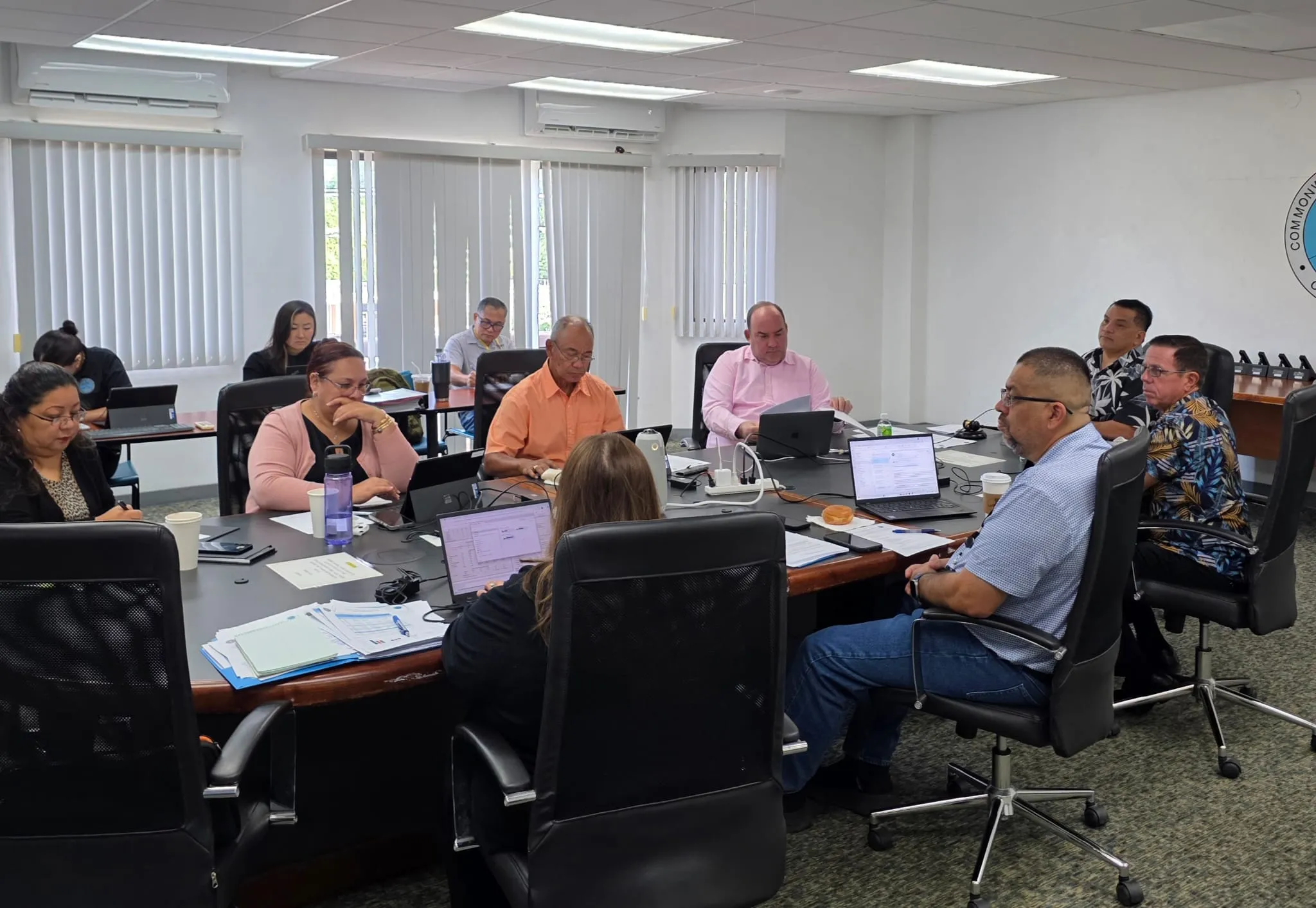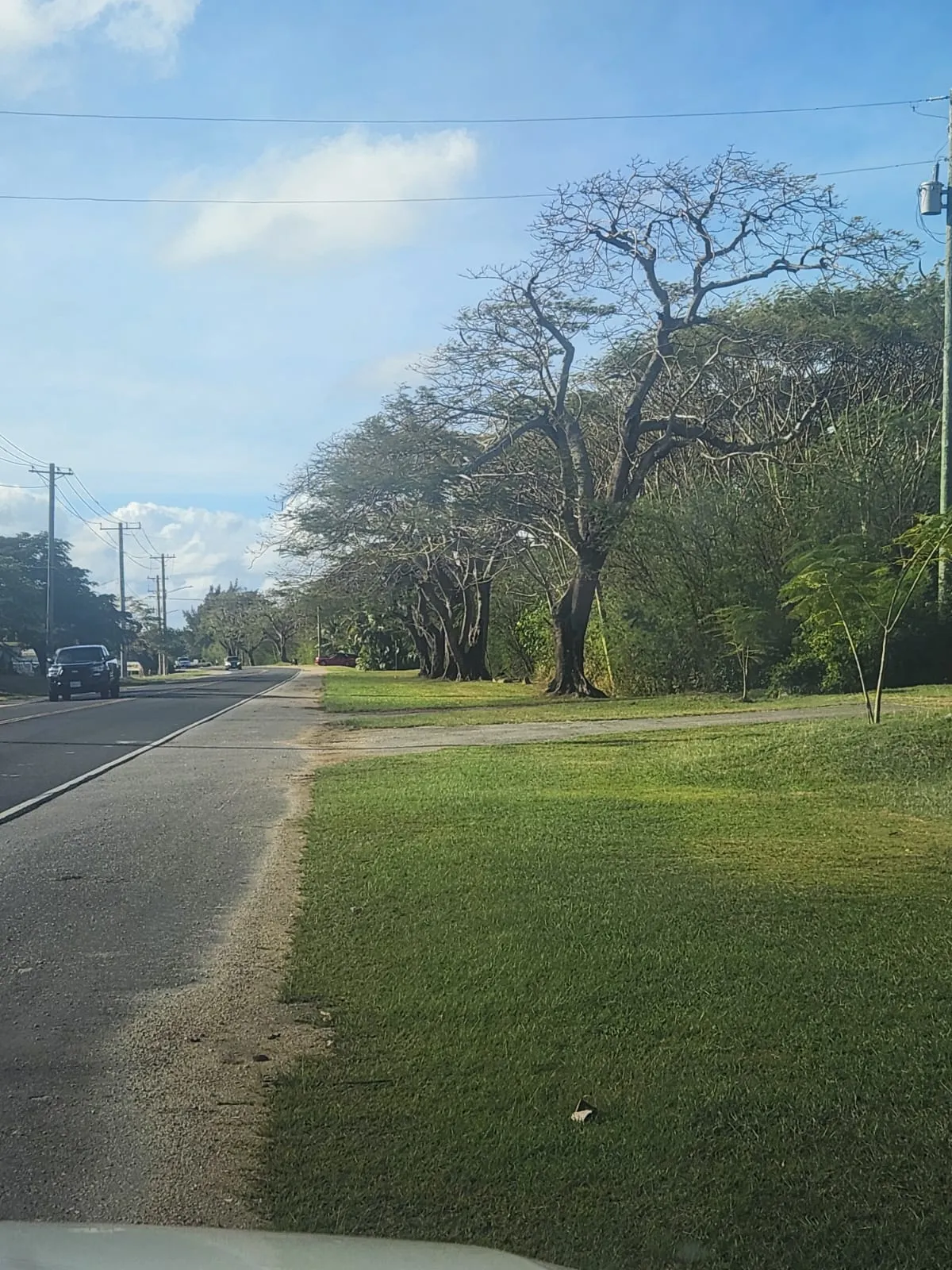
Ray Yumul
ON April 13, 2023, CNMI officials signed an administrative amendment to the 1983 agreement that allowed the U.S. to lease land on Tinian pursuant to the Covenant.
This amendment grants the U.S. “the right to the reasonable use of roadways as well as the right to improve, construct, maintain, and repair roads and utilities owned by the Commonwealth, including all supporting facilities and structures. All such improvements shall be made in the easement areas or in such other locations authorized by the Commonwealth, following coordination with the Commonwealth regarding the improvement, construction, maintenance, and repair.”
The amendment also reserves the right for the CNMI government “to construct improvements, including additional roads and utility lines and pipelines, and to grant additional non-exclusive easements and rights of way on, in, under, across, through, and over the easement areas.”
Last week, Department of Public Works Secretary Ray N. Yumul asked Attorney General Edward Manibusan for a legal opinion on the extent of DPW’s authority over road cutting, trenching, and construction activities performed by contractors of the Department of Defense for the Tinian Divert Airfield Project.
Yumul noted that the administrative amendment — signed by Gov. Arnold I. Palacios, then-Commonwealth Ports Authority Chairwoman Kimberlyn King-Hinds, then-Acting Department of Public Lands Secretary Teresita Santos, Tinian Mayor Edwin P. Aldan, and AG Manibusan — “reaffirms the Commonwealth’s continued ownership and regulatory authority over these assets,” referring to the roadways leading to the military construction site on Tinian.
Yumul seeks the AG’s opinion on the following:
• Whether DPW may require road cutting and trenching permits for activities occurring along the CNMI-owned roads identified in the amendment to the Tinian land lease contract.
• Whether DPW may require building permits for the construction of facilities cited therein — such as pump stations, treatment structures, or utility enclosures — particularly where they intersect locally regulated infrastructure.
• Whether a contractor operating under a DoD contract is exempt from such permitting requirements, or whether the exemption is contingent on the contractor’s legal status and degree of federal oversight.
Yumul stressed the importance of “robust consultation and permitting coordination between territorial and federal entities.” He cited incidents such as the Red Hill fuel leak in Honolulu and the longstanding contamination issue at Camp Lejeune, which he said “illustrate the risks of insufficient local oversight in military infrastructure projects that involve fuel systems.”
“These cases remind us that transparency and permitting are not merely procedural — they are protective tools against long-term harm to communities and natural resources,” Yumul said.











